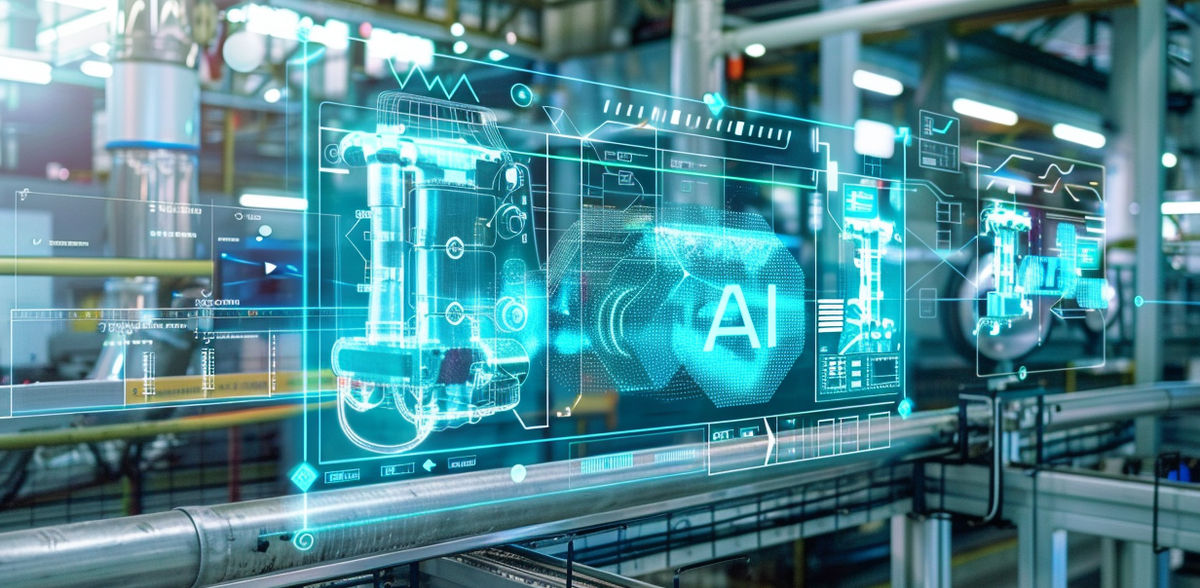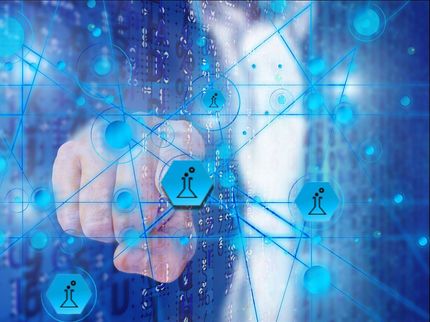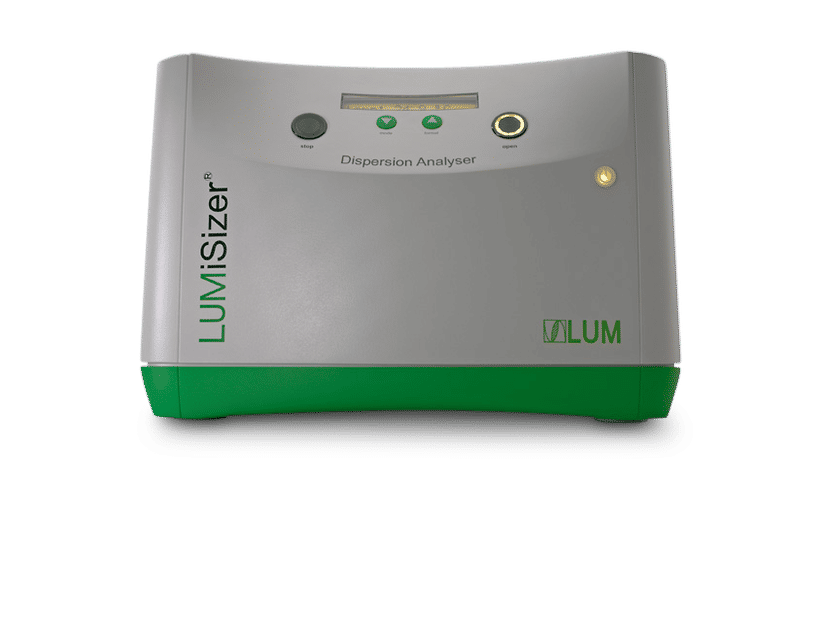Simply configure: GenISys brings generative AI to plant engineering
In the "GenISys" project, researchers at the University of Wuppertal are working with two practice partners to develop generative AI models to make the construction of bottling plants more intelligent and resource-efficient in the future. The overarching aim is to promote the use of artificial intelligence (AI) in relevant sectors of the economy.
Generative AI models are designed to generate new content from existing data. The models are already integrated into many business and user applications and demonstrate impressive capabilities, for example in generating human-like texts. "In the industrial production sector, however, the known potential and performance of generative AI approaches remains virtually untapped. This is partly because AI methods are not yet adapted to areas of application with very specific requirements," explains Dr Hasan Tercan, Group Leader research area "Industrial Deep Learning" at the Institute for Technologies and Management of Digital Transformation at the University of Wuppertal.
Complex, cost-intensive, time-consuming
One such special area of application is the design and construction of industrial filling systems, for example for powdery and granular materials such as cement, which have to be filled into bags in mass production. The complex, partly manual configuration process of these systems is characterised by laboratory tests to determine the properties of the material to be filled as well as the development and multi-stage testing of a system prototype. In the event of new operating requirements and changing material properties, further necessary adjustment steps follow during operation of the system. "This labour-intensive nature of the design process, combined with the recurring need to redefine parameters due to material changes, underlines the need for a more innovative and adaptable approach to plant configuration," says Tercan.
The scientist and his team are working together with software company Snap and plant manufacturer Haver & Boecker on the recently launched "GenISys" research project to reduce the number of test cycles with the help of digital technologies and the use of generative AI processes. Their aim is not only to drive forward the implementation of innovative ideas and services in the industry - lower production costs and less use of materials also protect the environment. According to the project partners, the significance of the innovation goes far beyond its direct application in mechanical and plant engineering. As the AI development and training process is carefully designed for adaptability and expandability, the application framework can later be reused seamlessly in different contexts - for example in the form of a licence model for an AI module kit - which enables integration into other industries.
For more details: Project approach
The vision of the project is to develop an AI-based, easy-to-use and interactive software application for plant construction companies and plant operators. The starting point for "GenISys" is data and information about a customer order, on the basis of which the software to be developed is to configure a new filling line. The data includes material properties of the product to be filled - such as particle size and density - which were determined by laboratory tests, as well as existing microscopic images of the product, which were previously mainly taken for documentation and verification purposes. Historical data from thousands of system configurations and product properties are also available to train the AI models integrated into the software.
In order to make the software suitable for use, the architecture of the AI models, training methods, modularisation strategies for integration into existing business processes and automation strategies for their continuous optimisation as well as concepts for integrating human feedback must be adapted and in some cases newly developed.
For example, the researchers are using advanced methods from the field of AI-based image recognition (convolutional neural network) to automatically determine missing or difficult to determine characteristics such as abrasion properties and moisture of the filling product from the images and thus enrich the database. AI models are also being developed and trained (including conditional generative adversarial network models), which generate the appropriate system configuration based on the input data. In addition, according to the considerations at the start of the project, separate artificial neural networks could be used to evaluate the solution found. The evaluation in turn flows into the further training of the AI models.
"A key aspect of the project is the integration and further development of innovative learning strategies for data processing and model training, which we use to ensure that a deployed AI model can continuously adapt to new operating conditions such as material changes, new systems or use cases," explains Tercan. The human factor also comes into play when it comes to learning: the software should later enable the operating personnel to provide feedback, check recommendations and correct potential errors in the configuration. Tercan: "The feedback loop also ensures that the AI system continues to learn and adapt on this basis, gradually improving the accuracy of its recommendations."
































































